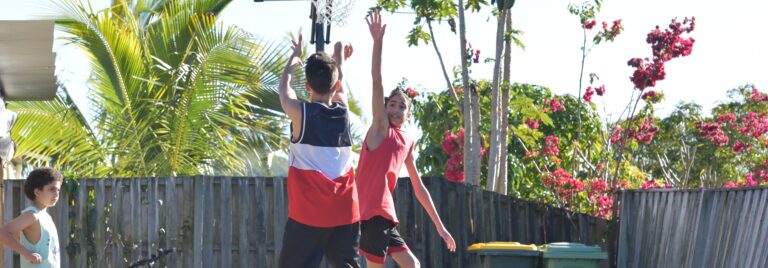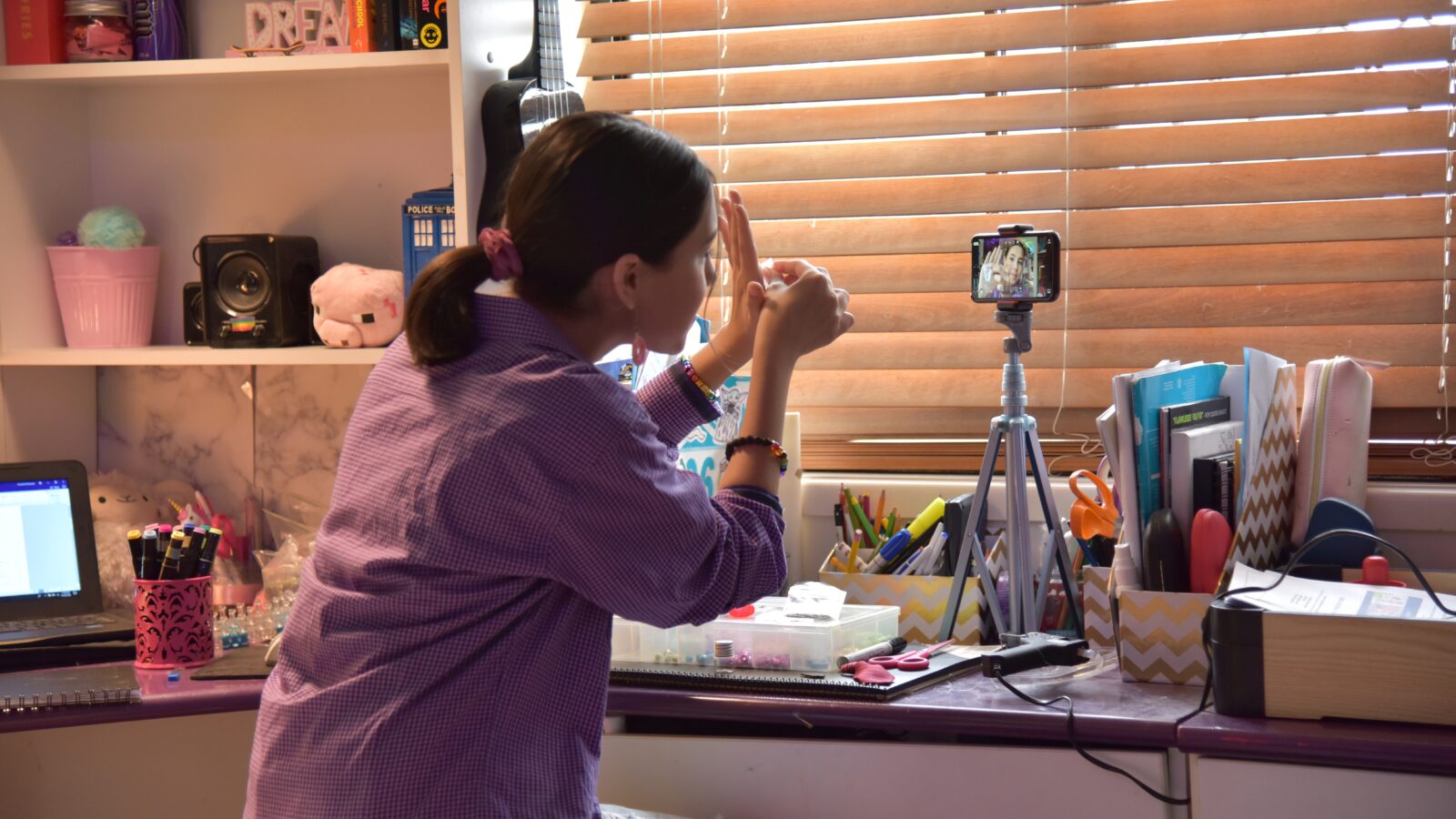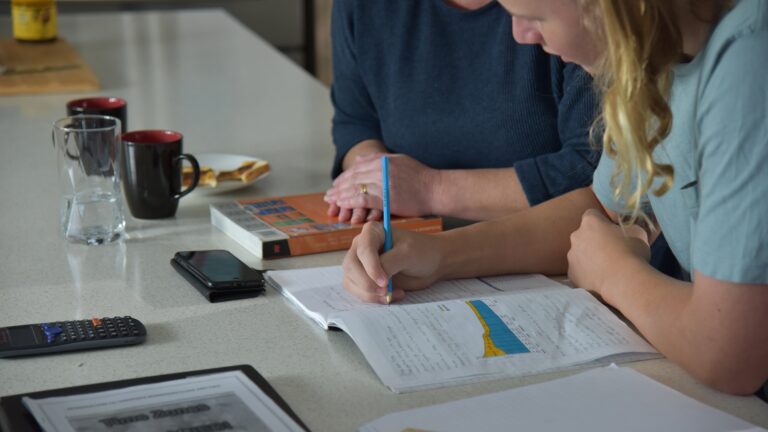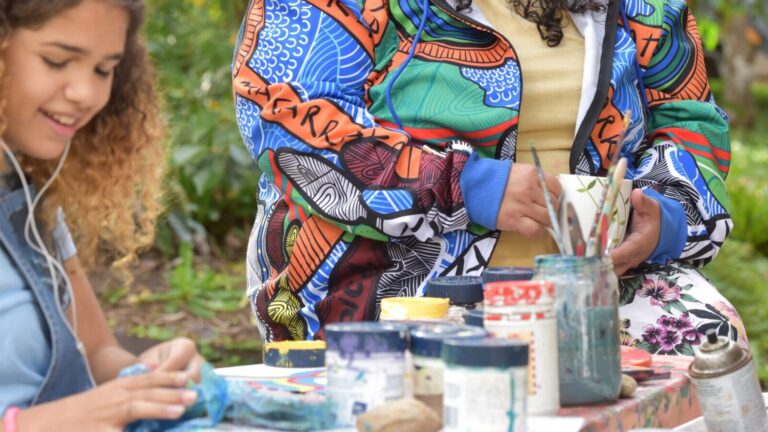Key Points
- Extra learning activities that kids can do on top of their formal learning at school are also known as extracurricular activities.
- These activities can include additional learning experiences in curriculum activities like sport, music, art, and dance or activities that may not be part of the curriculum at school such as beekeeping, chess or photography.
- They are activities kids can do outside of the classroom usually before or after school, at the weekend, or during breaks at school.
- Extracurricular activities give children a chance to try new things, meet new friends, develop new skills, and can build stronger connections with their school and learning.
- For some young people, doing an extracurricular activity can help them relax or let off steam after the pressures of school.
- You can speak to your child’s school to find out what extracurricular activities are available at school and also contact local sporting clubs, music and art teachers, dance schools, and outdoor and recreation centres.
Extra learning activities that kids can do on top of their formal school learning, also known as extracurricular activities, are activities kids do outside of the classroom usually before or after school, during breaks at school, or at the weekend. There are many extracurricular activities available to children, including sport, music, art, outdoor pursuits, computers and coding, chess, and dance. Extracurricular activities give young people a chance to try new things and sometimes even find their spark. They can meet new friends, develop new skills, and build stronger connections with their school and learning.
1. Build new skills
Doing an extracurricular activity is a great way for your child to develop new skills. In addition to learning a new skill as part of their extracurricular activity, they are also developing other skills they can apply in the classroom at school. Participating in a sporting team or choir can build your child’s teamwork skills, balancing different commitments can improve their time management skills, and finding an activity they enjoy can boost their self-confidence. And when your child does activities they feel passionate about, it can increase their brain function and help them concentrate, both of which can help with learning at school.
2. Explore new interests
Trying out different extracurricular activities gives your child the opportunity to explore a range of interests and unlock a spark they may not have known they had. When your child finds their spark, it can help them find some purpose in the world and escape the stress of everyday life. As children explore environments they may not encounter at school or at home, they are exposed to new ideas, stimulating their curiosity and giving them a broader view of the world which can help open their mind, inspire their creativity, and improve their learning at school. Learning a new skill outside of school can give a child a sense of achievement and strengthen their confidence in their ability to learn and succeed at school.
3. Meet new people
One of the easiest ways to make friends is through extracurricular activities. Doing an activity with other children who like doing the same thing can create connections among kids from which friendships can grow. Learning how to make and keep new friends, and developing the skills to choose good friends, takes time and practice. Doing extracurricular activities is a way for children to develop these important life skills. Extracurricular activities can also help children expand their social network beyond their classmates at school, broadening their friendship circle and helping them feel more confident about making social connections at school, and as they mature and move through life.
4. Enjoy a healthy break from study
Extracurricular activities give young people a chance to learn something new and do something they enjoy while taking a break from schoolwork. For some young people, doing an extracurricular activity can help them relax or let off steam after the pressures of school. Depending on your child’s interests, an extracurricular activity can give them the chance to get outside and exercise, see friends, and refresh their mind – all of which will help them engage better with their learning at school.
And if money is tight
If money is tight, there are extracurricular activities that are free or low-cost that might suit your child depending on their interests and what’s on offer at their school. Many schools also offer support and options for families that cannot afford costly programs, so it is worth talking to your school about what is on offer. Try talking to someone in the administration team or a year-level coordinator.
Sport and active recreation
Most schools have sports programs at no or low cost and will consider requests for no-or-low cost options for families that need it. There is also a FairPlay voucher valued up to $150 that can be used towards a sport or active recreation fee at a registered activity provider in your area. You will need to check if your child is eligible and there is a limit of one voucher per child each calendar year. And some local councils, such as the Brisbane City Council, offer free and low-cost fitness and recreation activities for all ages and abilities. Check out your local council website for more information.
Music programs
While classroom music is taught to primary school children as part of the Australian Curriculum, selected students can also learn orchestral or band instruments at school through the Queensland State School Instrumental Music Program. Students in Years 4-12 (woodwind, brass and percussion) or in Years 3-12 (strings) are eligible to apply for enrolment in the program. Many schools will also have choirs which are free to join with rehearsals held during school hours.
Visual art, dance, debating
At some schools, students can participate in extracurricular activities in areas such as visual art, dance and debating. Students at participating schools, can apply for programs including the Creative Generation Excellence Awards in Visual Art, the Wakakirri performing arts event, and the Queensland Debating Union competition.
Science, technology, engineering and mathematics
For children and young people interested in science, technology, engineering or mathematics (STEM), there are activities available for eligible students to participate in, including the Premier’s Coding Challenge and STEM Girl Power Camp. Schools also offer STEM-related low-cost excursions and incursions during the school year and many schools will consider requests from families who need help in meeting the costs associated with these activities.
Camps and outdoor education
Many schools offer students the chance to participate in school camps and outdoor education activities which are great ways for students to have practical experiences that relate to their learning at school. Most schools will consider requests from families who need help in meeting the costs associated with these activities.
Non-formal learning
Learning doesn’t have to be something your child experiences through a formal activity. They can also teach themselves new skills or be taught by an older sibling, cousin, neighbour or through a trusted adult. There are also many no-cost volunteering opportunities that your child might enjoy doing while learning valuable life skills. Your child’s school may be able to direct you to volunteer organisations or check out Volunteering Queensland.
Non-school learning that counts towards the QCE
There are some extracurricular activities and courses that are eligible to contribute credit (points) towards a student’s Queensland Certificate of Education (QCE). The Queensland Curriculum and Assessment Authority website lists the eligible courses in a range of fields including languages, science, technologies, music and dance.
Balance is important
When there are so many interesting extracurricular activities to choose from, kids can sometimes take on more than they can handle. You know your child best and what they can manage so if you think they are becoming tired and overwhelmed managing school and their extracurricular activities, it might be time to step in and help them reduce their load.
What the research says
Research¹ has found that the school dropout rate among at-risk students was markedly lower for students who had earlier participated in extracurricular activities compared with those who did not participate. A further study² found that adolescents who participated in structured activities supervised by positive adult role models were more likely to make personal investments in their schooling, while other studies have found that young people involved in extracurricular activities are more likely to stay in school than their uninvolved peers.
More information
Talk to your child’s school, visit the school website, and read the school newsletter to find out about different extracurricular activities on offer. Different schools will offer different activities depending on their location and facilities so if you can’t find the activity your child is interested in through their school, you can also contact local sporting clubs, music and art teachers, dance schools, and outdoor and recreation centres to find out what they have available. You can also read more about the different activities available at school on the Queensland Department of Education website.
References
¹Mahoney, JL & Cairns RB (1997) Do extracurricular activities protect against early school dropout?
²Rees, Elizabeth F (2008) The effects of participation in extracurricular activities on academic performance
Last Updated: 22 February 2024





